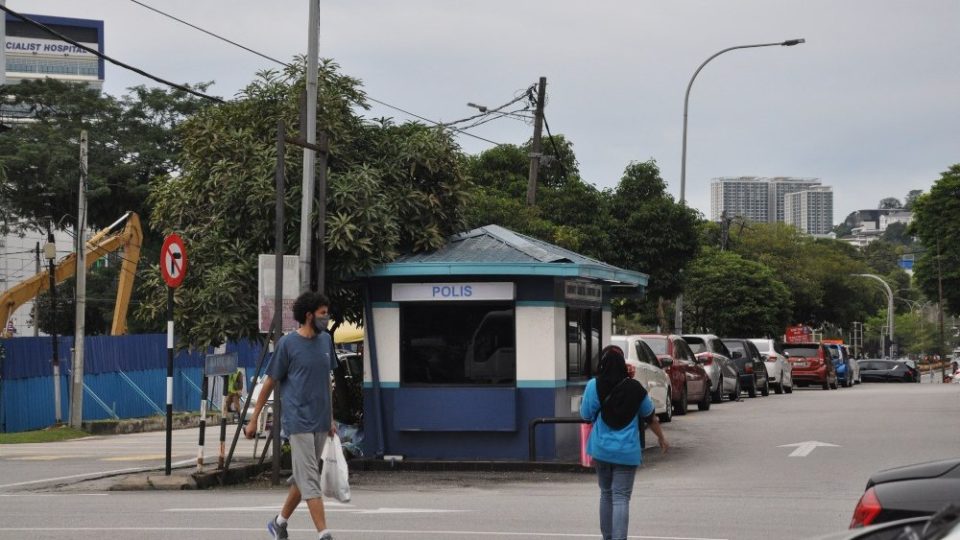Life has gotten a lot more depressing in Kuala Lumpur and most of Malaysia after authorities expanded its second round of lockdowns across all of the peninsula but Perlis, Pahang, and Kelantan, shutting down affected areas until Dec. 6.
The latest restrictions effectively extended pre-existing lockdowns in the capital city, the whole of Selangor state, and Putrajaya, which had been under the Conditional Movement Control Order, or CMCO, since last month, not long after our friends in Sabah were ordered the same restrictions a month earlier when state elections there concluded.
While latest restrictions were not as stringent as the ones imposed during the original nationwide lockdown that lasted three months from March 18, a sense of sorrow and desolation continued to fill the air at nearly every turn in Kuala Lumpur, where this reporter is based, with the growing feeling that Malaysians have become trapped in their respective cities becoming harder to deny.
Under CMCO, nobody is allowed to travel between districts without a police permit even for work, and businesses have to operate under restrictions. For businesses deemed non-essential, only 10% of staff are allowed at the workplace. What’s also notable is that there is less police presence during the current lockdown, which was unlike back in March when even the military was deployed to enforce restrictions.
Many have lashed out at the government for leading the country into a new surge of COVID-19 infections after the untimely state election in Sabah, which to this day, neither Prime Minister Muhyiddin Yassin nor anyone else from his administration had conceded that it should not have taken place in the middle of a pandemic. Worsening the situation further was the uncertainties that the government perpetuated, by calling for two-week lockdowns only to extend them multiple times, stretching to a month or more. As of now, there is no guarantee that the recently expanded restrictions would end on Dec. 6 or drag on further.
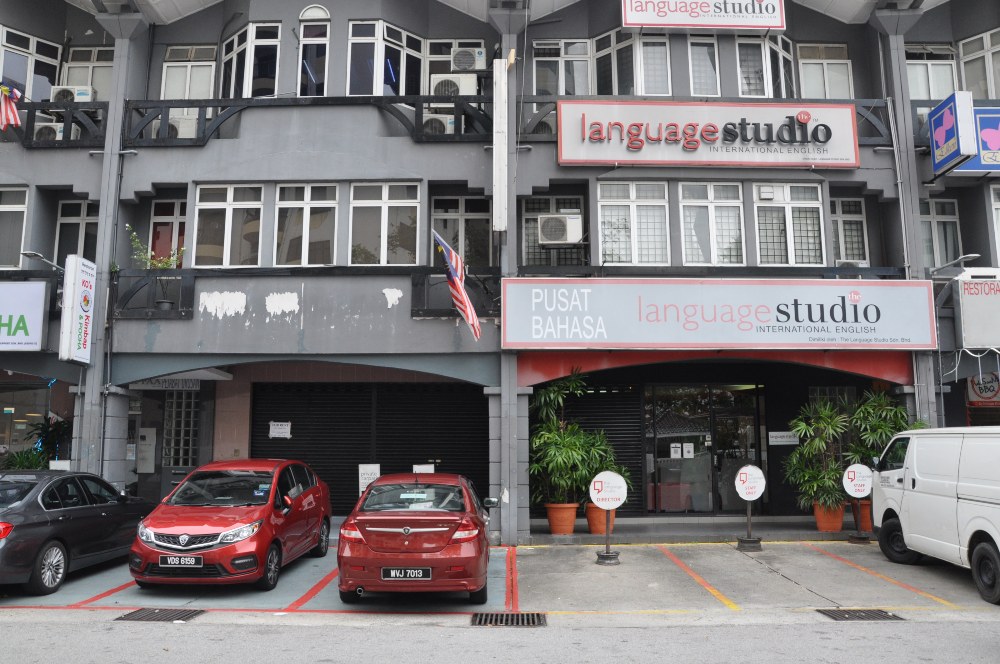
Quiet streets, abandoned pools
The normally busy streets off Jalan Ampang were quiet when Coconuts visited them in the past few days, with the previously common scenes of people stopping to chat nowhere in sight.
Businesses have also seen better days here in Ampang, where I live, with some travel agencies closing for good and a nearby kindergarten closed for the rest of the year. The Language Studio enrichment center where I once considered working at used to take up two shop lots but was recently downsized by half. The landlord is also seeking new tenants.
Businesses are allowed to operate from 10am to 10pm, but many have been closing earlier due to the lack of people. Beauty salons sometimes close as early as 7pm and eateries usually turn to delivery persons for food orders, especially with thousands of Malaysians now working from home. For me, I have been working from home next to my daily “office buddy” – my husband.
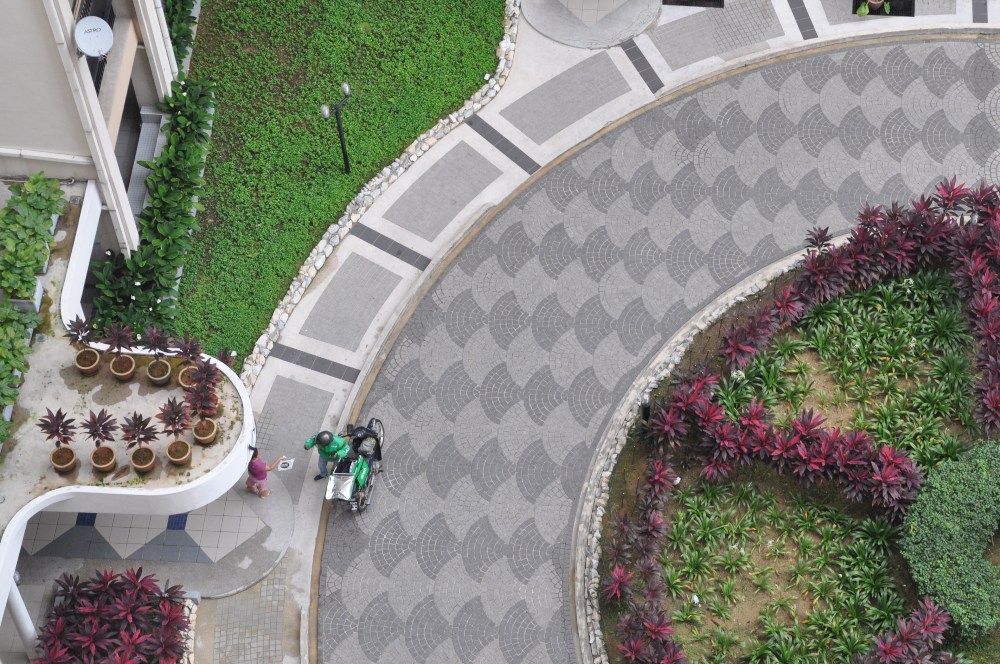
We live on Jalan Ampang, which technically shares the same major road as the Kuala Lumpur City Centre. Our neighborhood is more popularly known as “Korea town” because of the sizable Korean population, who mostly arrived in the 1970s, and the now quiet and empty Korean barbecue restaurants.
Living in Ampang can be confusing to some people as it is stranded between Kuala Lumpur and Selangor. Areas closer to the former neither have roadblocks nor police patrols despite the police headquarters located nearby, which is likely due to the low infection rates in Ampang, where only one new case was reported last week involving a 7-Eleven convenience store employee.
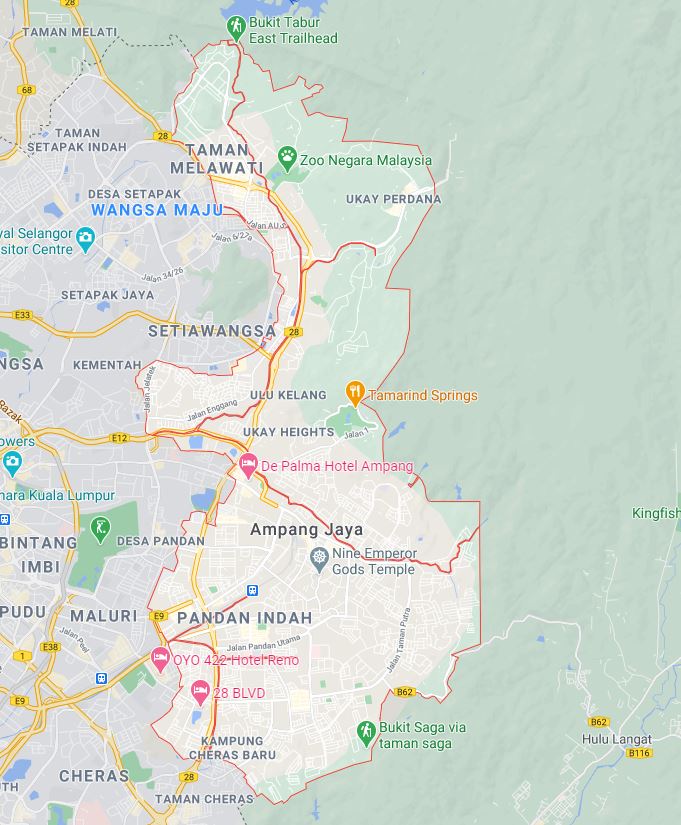
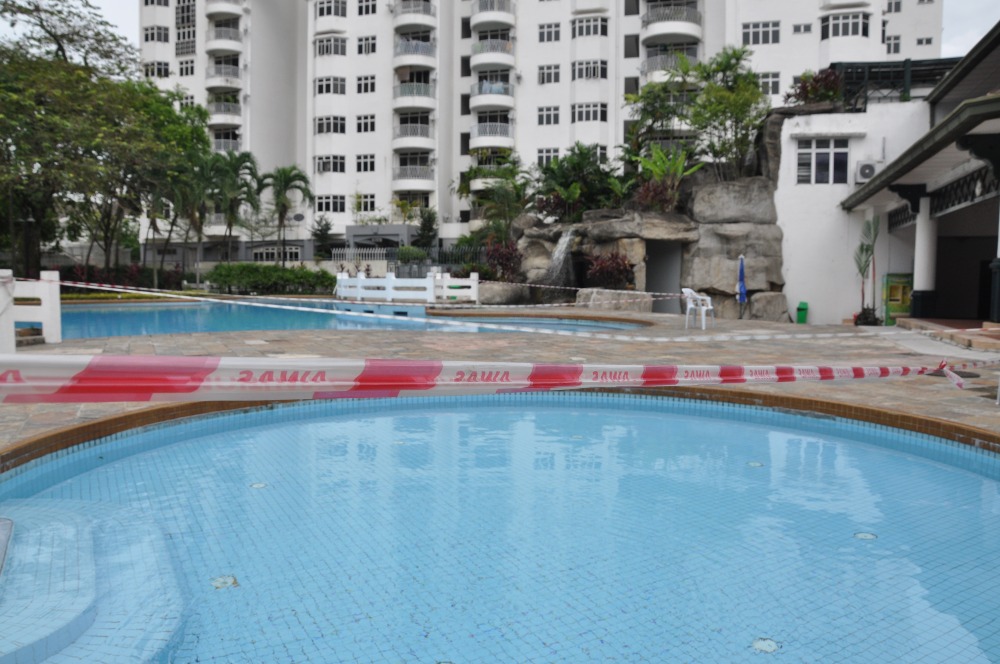
With the CMCO closing sports facilities everywhere as well, it’s also rare to see Malaysians exercising outside. Coincidence or not, I suddenly had an urge to learn how to swim back in March only to have that disrupted by the pandemic. I had just learned to swim not long before Malaysia’s first lockdown started March 18, and had just gotten my most professional-looking swimming gear yet before the second one was announced.
Other than swimming pools, squash courts and playgrounds looked abandoned during the pandemic. Even the gyms, where people are legally allowed to go for exercises, were sparse. There were only two others when I recently visited the gym where I live.
Fortunately, children, who are not allowed to be in crowds, still find ways for playtime at other open spaces to catch some fresh air even for a short while.
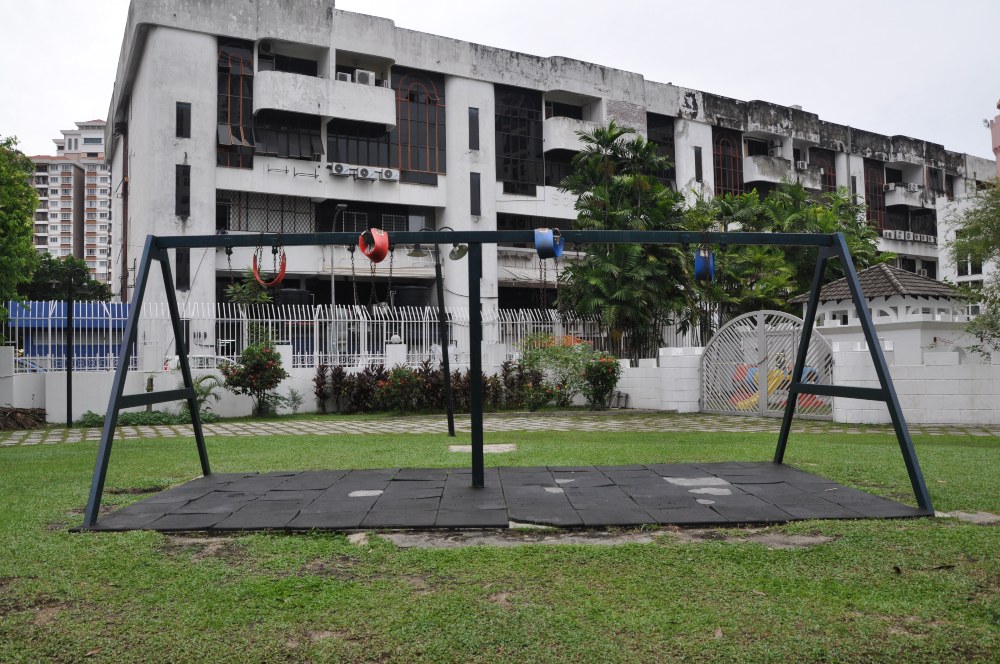
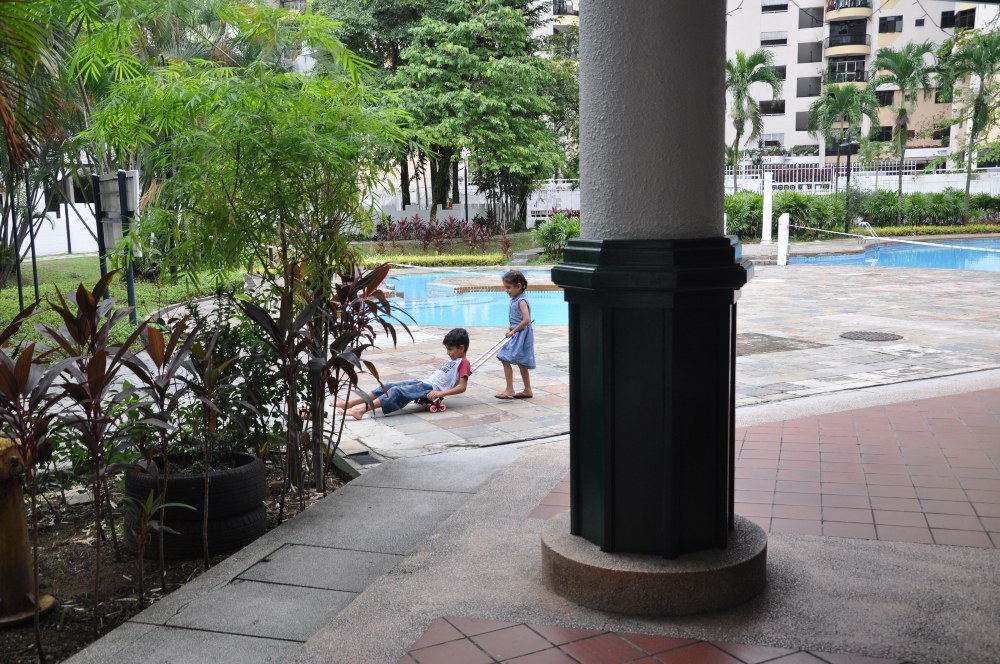
But there is also a sense that Malaysians are adapting well to their new lockdown lives.
I think Malaysians, including myself, are getting used to living by the new rules, which are much clearer now than they were before. These days, putting on face masks and avoiding unnecessary travels and parties have become part and parcel of life, and Malaysians have generally been an obedient lot when it comes to this.
Other stories to check out:
From bustling town to pandemic zone, life in Malaysia’s ‘Little India’ quiet after lockdown
